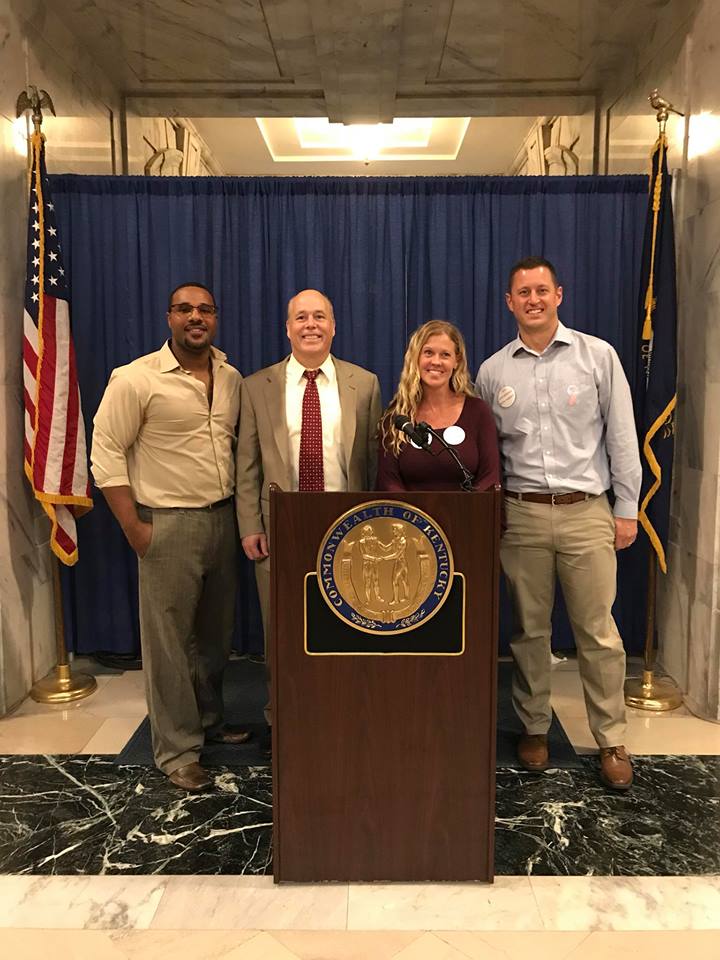October 11, 2018 by Robert Franklin, Member, National Board of Directors, National Parents Organization
This continues the case of In re Adoption of C.L.
Biological parents have parental rights that are supposedly protected by the Constitution. That is far from a mere legal technicality. It is also of the most vital interest to parents and children alike. That is not true just because the science on children’s wellbeing demands it, although that would be reason enough.
If the “best interests of children” were all important (i.e. there were no parental rights or they were inferior to the BIC standard), then children could become nothing more than property subject to ownership and possessory rights.
Consider: Jane gives birth; while she’s still in the hospital, one of the maternity ward nurses takes a liking to her little Andy and takes him home with her; an investigation ensues and, six months later, Andy is found in the nurse’s care. Andy is thriving. He’s alert, responsive, cheerful, well-nourished and well cared for. Moreover, he’s clearly attached to the nurse whom he considers his mother.
If the best interests of the child were the only legal standard, then Andy would plainly belong to the nurse and not to his biological mother. Or at least he would until she took him to the supermarket in his stroller where a stranger shanghaied him away and gave him another good home.
In short, parental rights exist in part to prevent the above from happening. The Kansas Supreme Court acknowledged as much.
But the best interests of the child may not be the sole basis for termination because “to hold otherwise would invite courts to seek ‘better’ families for any number of children whose family circumstances are challenging or financially difficult.”
Adoption agencies don’t like it. They’re in the business of making money by transferring children from one set of parents to another or from the state to adoptive parents. In most cases, that is all to the good. Parents may have proven themselves unable to care for a child, died or been incarcerated, so someone must care for their children. Those are cases in which adoption agencies do a world of good.
Unfortunately, the financial incentive often leads them into vice. Here’s what appellate court judge Malloy wrote about the adoption agency in the linked-to case:
[I]nstead of rushing to the courthouse to file an adoption petition, all parties involved in the case should have at least temporarily put the adoption plans on hold. In the meantime, KCSL or some other appropriate agency could have conducted an investigation of [Father]’s home and background to see if he would have been a suitable placement option for C.L. Assuming that [Father] passed the initial investigation and background check, C.L. could have been temporarily placed with [Father] for a trial period to be monitored by the appropriate agency or the courts. Then, if any evidence developed that [Father] was not properly caring for C.L., a petition for termination of parental rights could have been filed with the court. Giving [Father] more of a chance to prove his fitness as a father would have been a better approach than rushing into an adoption proceeding and finding out later if there was any evidence to support it.”
Indeed. That would have been the preferred procedure. It would have been fair to Father and to his child who, having now lived with his adoptive parents for over two years must take up residence in a new home with relative strangers. And it would have revealed whether Father was fit to care for his son or not. It’s the sensible way to have proceeded, but all too often, adoption agencies sacrifice the sensible and what’s best for kids to their own financial interests. That is precisely what happened in the linked-to case and, years later, all it’s produced is trauma for a child, heartache for the adoptive parents and financial devastation for the father.
Next time, I’ll compare the Kansas statute with putative father registries.

